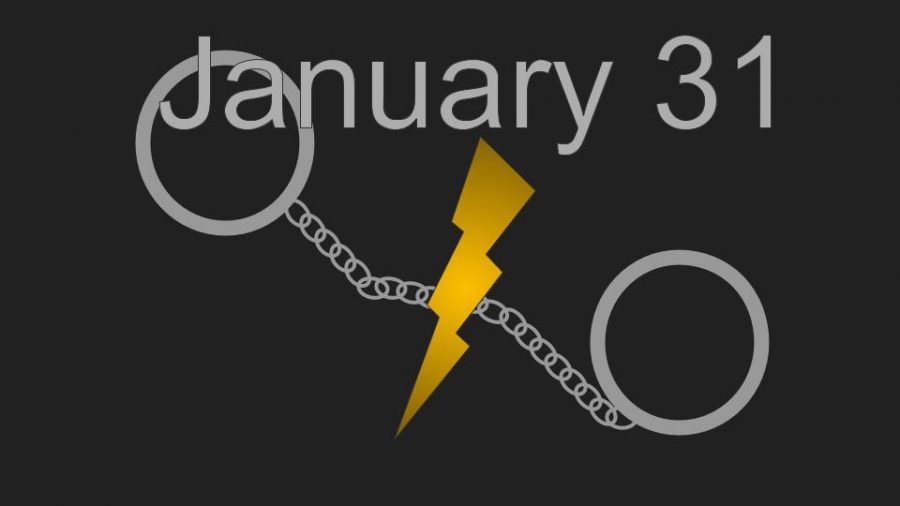This Day in History – January 31st
January 31, 2018
On this day in 1865, the House of Representatives passes the 13th Amendment, that abolished slavery. Part of the amendment reads: “Neither slavery nor involuntary servitude…shall exist within the United States, or any place subject to their jurisdiction.”
When the Civil War began, President Abraham Lincoln promised the country restoration of the Union. But early in the war, the Union began to keep escaped slaves as their own, instead of returning them back to their owner. In September 1862, Lincoln issued the Emancipation Proclamation, which freed all slaves in the Confederate states. The Proclamation opened the issue of what to do about slavery in the border states that had not seceded or in areas that had been captured by the Union before the Proclamation.
In 1864, an amendment abolishing slavery passed the U.S. Senate, but died in the House, as Democrats rallied in the name of states’ rights. The election of 1864 brought Lincoln back to the White House, along with significant Republican majorities in both houses, so it appeared the amendment was headed for passage when the new Congress convened in March, 1865. Lincoln preferred that the amendment receive bipartisan support, and some Democrats indicated support for the measure, but many still resisted. The amendment passed 119 to 56, 7 votes above the necessary two-thirds majority. Several Democrats abstained from voting. The 13th Amendment was sent to the states for ratification, which happened in December, 1865.





